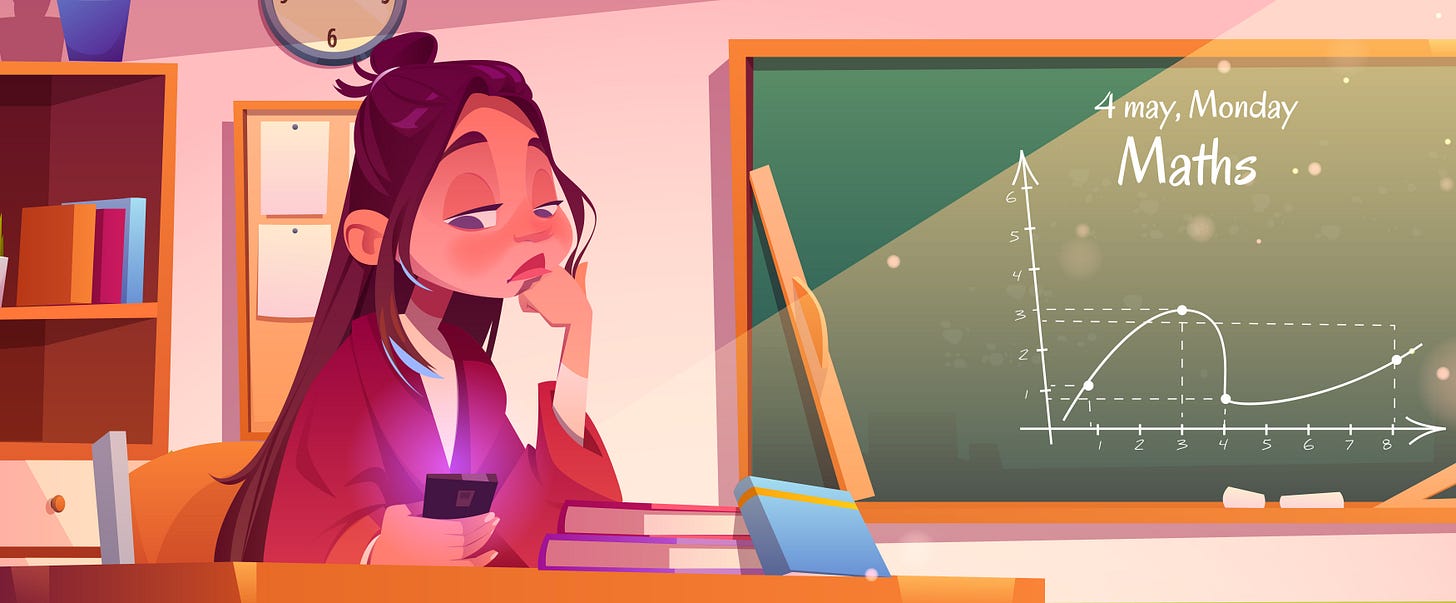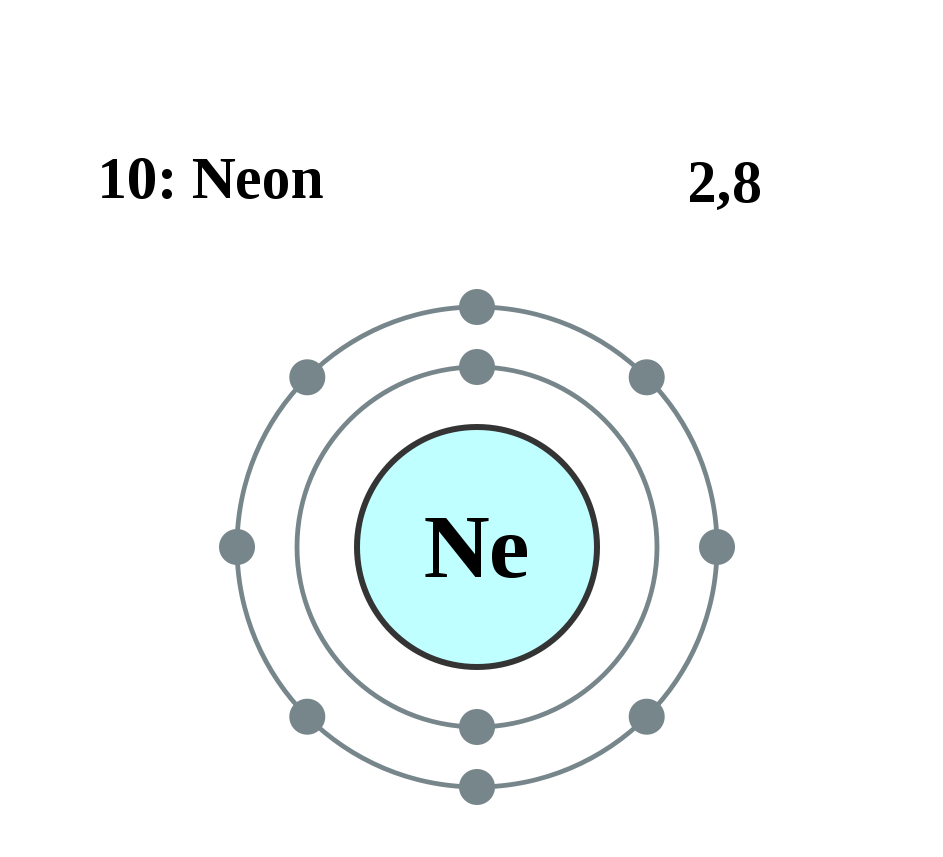The secret to studying like a straight A student
It should actually be secrets, plural! My top tips for effective study that takes the inertia and inefficiency out of study.
Hi there,
If your teen is unmotivated, doesn’t know where to start with their exam study and doesn’t really know what to do, today I want to give them some pointers to get their study on track.
So many students feel bamboozled when they need to embark on exam study. Thoughts like where do I start and how do I get through it all?! are very common and completely understandable.
And when you’re feeling like this, your motivation can go right out the window, because it just seems all too hard.
Today I want to give your teen the study techniques they need to get stuck in to their study in a way that is focused and purposeful, and — thankfully — more motivating.
How to start when you don’t know where to start
Feeling stuck before you’ve even starting studying is very demoralising.
My advice to your teen, is that they pick a topic that they are almost certain is likely to come up in the exam (for instance, photosynthesis in Science, quadratic equations for Algebra, an essay for English — the big ticket items) and start there.
This will ensure that they are using their time efficiently because they’re studying a topic that’s almost guaranteed to come up in the test or exam (as opposed to a more peripheral topic that may not come up or may not be worth many marks).
AND, sinking their teeth into something fairly substantial early on in their study will help your teen feel like they’re making real inroads with their study, which is a great motivation booster.
It reminds me of when you need to clean the house and it’s been a while… The thing to do is to just pick a room, and get stuck in. By the time you’ve done one room you’re on a bit of a roll, you’re mighty chuffed with yourself that you’re finally tackling the mess, and you feel motivated to get the rest of the house spick and span.
Next, how do you make sure your study is actually effective?
Now that your teen has started studying, their focus should be on making sure that they are actually understanding what they’re studying as you go.
This might sound trite, but I think a lot of teens sometimes just go through the motions of ‘studying’, but it’s not quality study.
This is a waste of time and energy, and will probably leave your teen feeling frustrated, demoralised and bored, because they’re not actually engaged with what they’re learning about.
So, here is my tip to to help prevent your teen from falling into this time-wasting mind-numbing cycle of inefficiency and boredom:
Always keep in mind how the topic you’re studying is going to be assessed.
Below are two examples, one for English and one for Chemistry, to help explain what I meean.
An English exam example
Let’s say your teen has to write an essay on a novel they have read for their English exam.
If they just read the novel without thinking about what type of essay questions are likely to come up in the exam, every word might go in one eyeball and out the other.
A common essay question would ask something about the main characters. To study in a way that would best prepare me for writing an essay on a main character, I would think about the character’s interesting traits (personality, background, behavior, etc), and jot down a few points and examples about each of these things.
Doing an exercise like this will make sure that your teen has thought critically about the novel (or whatever text they have studied) BEFORE the exam.
This is a really important study technique, because exam questions are designed to test whether you have actually thought about the novel — and not just whether you have read it.
A Chemistry exam example
As another example, if your teen was studying for their Chemistry exam they would probably need to study electron shells and their relationship with reactivity (i.e. how the number of electrons an atom has in its outer shell affects its reactivity with other atoms and molecules).
To start with, your teen would need to wrap their head around the basics of atoms and electron shells.
But I wouldn’t stop there.
A common Chemistry question on atoms and reactivity would be something like, ”Explain the differences in reactivity between Neon and Calcium.”
To best prepare me for answering this type of question I would do something like make a table in my study notes that arranged a few different types of atoms in order of their atomic number in one column, then had the number of electrons in their outer electron shells in the next column, and then I’d include a few notes in a third column about the atom’s reactivity.
Something like this:
Hello more marks, goodbye boredom!
This is the type of critical thinking that will set your teen up to be incredibly well prepared for their exams and other assessments.
They will have actually thought about what they are studying, rather than in one eyeball and out the other, and as a result they should understand their subjects much more thoroughly.
And what’s more, by studying in this way, they will be prepared to answer exam questions BEFORE the actual exam, because they will have done more than just read or write or listen — they will have made the types of connections and done the critical thinking that the exam will expect of them (in this example, the relationship between outer electron shells and reactivity).
It’s also MUCH more interesting to study like this, because you’re not just reading or writing or listening, you’re doing something active that engages you with what you’re studying.
It might not come naturally to your teen to study like this initially, but if they stick at it they will hopefully find that they just study like this automatically, and the results will follow!
Thanks so much for reading.
Clare






